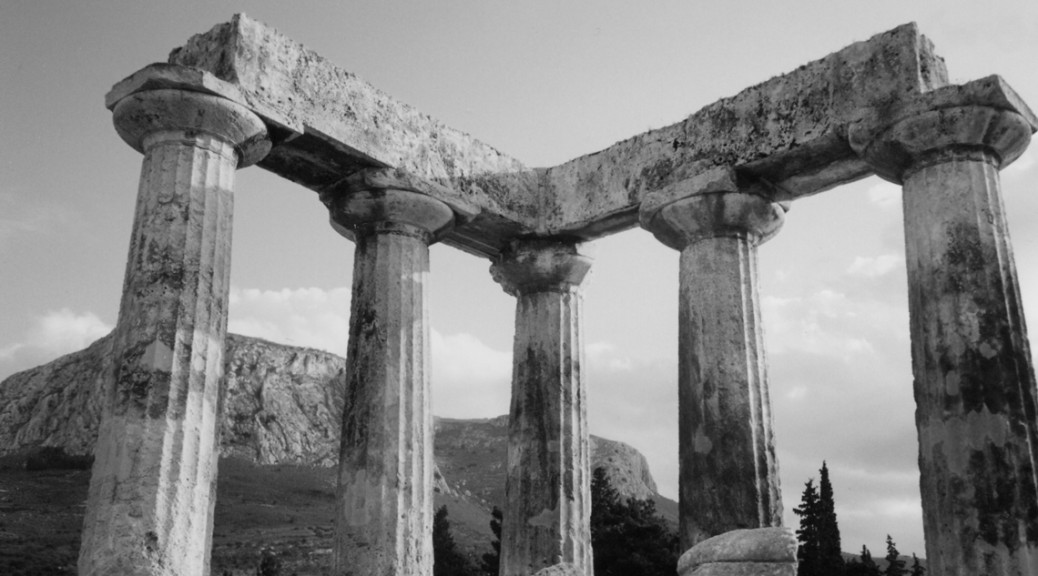“He has rescued us from the domain of darkness and transferred us into the kingdom of the Son He loves” (Colossians 1:13) This is what your heavenly father did, and offers each one of us to accept — “He has rescued you — He has rescued us…”

There are two facts to consider in our text—that I am dead to sin and its reign over me and that I am alive to God, united to Him who strengthens me—that I can keep sin from reigning in my mortal body.
Dr Martyn Lloyd-Jones says:
“To realise this takes away from us that old sense of hopelessness which we have all known and felt because of the terrible power of sin….How does it work? It works in this way: I lose my sense of hopelessness because I can say to myself that not only am I no longer under the dominion of sin, but I am under the dominion of another power that nothing can frustrate. However weak I may be, it is the power of God that is working in me.”
The apostle Paul emphasised that God, the Father had translated us out of the kingdom of darkness when we came to unify with Christ through His Holy Spirit.
Once this important truth assimilates with other supporting scriptures, we begin to experience a new freedom, an exciting victory over the darkness that surrounds us in this world. Once we see this, we will trust God to deliver us from temptation and call on Him to engage the enemy for us.
We are to walk in newness of life, allowing God to renew our mind. Grasp the significance of being transferred spiritually out of old patterns of being selfish, colluding with the lusts of the flesh, to one based on love for God and mercy for others. New habits of obedience to Christ align with scripture reforming new thinking patterns.
Studies have proven that our brain creates new neurological maps when we change our habits concerning goal setting. For this reason, our primary purpose as Christians must be to “count yourselves dead to sin but alive to God in Christ Jesus”. (Romans 6:11)
“What is the significance of being alive unto God? How does it help us in our pursuit of holiness? For one thing, it means we are united with Christ in all His power. It is certainly true we cannot live a holy life in our own strength. Christianity is not a do-it-yourself thing.” 1
Paul prayed with absolute trust: “that out of his glorious riches he may strengthen you with power through his Spirit in your inner being” and noted that God “is able to do immeasurably more than all we ask or imagine, according to his power that is at work within us” (Ephesians 3:16, 20)
1 Bridges, J. (1978). The pursuit of holiness (p. 69). Colorado Springs: Navpress.









